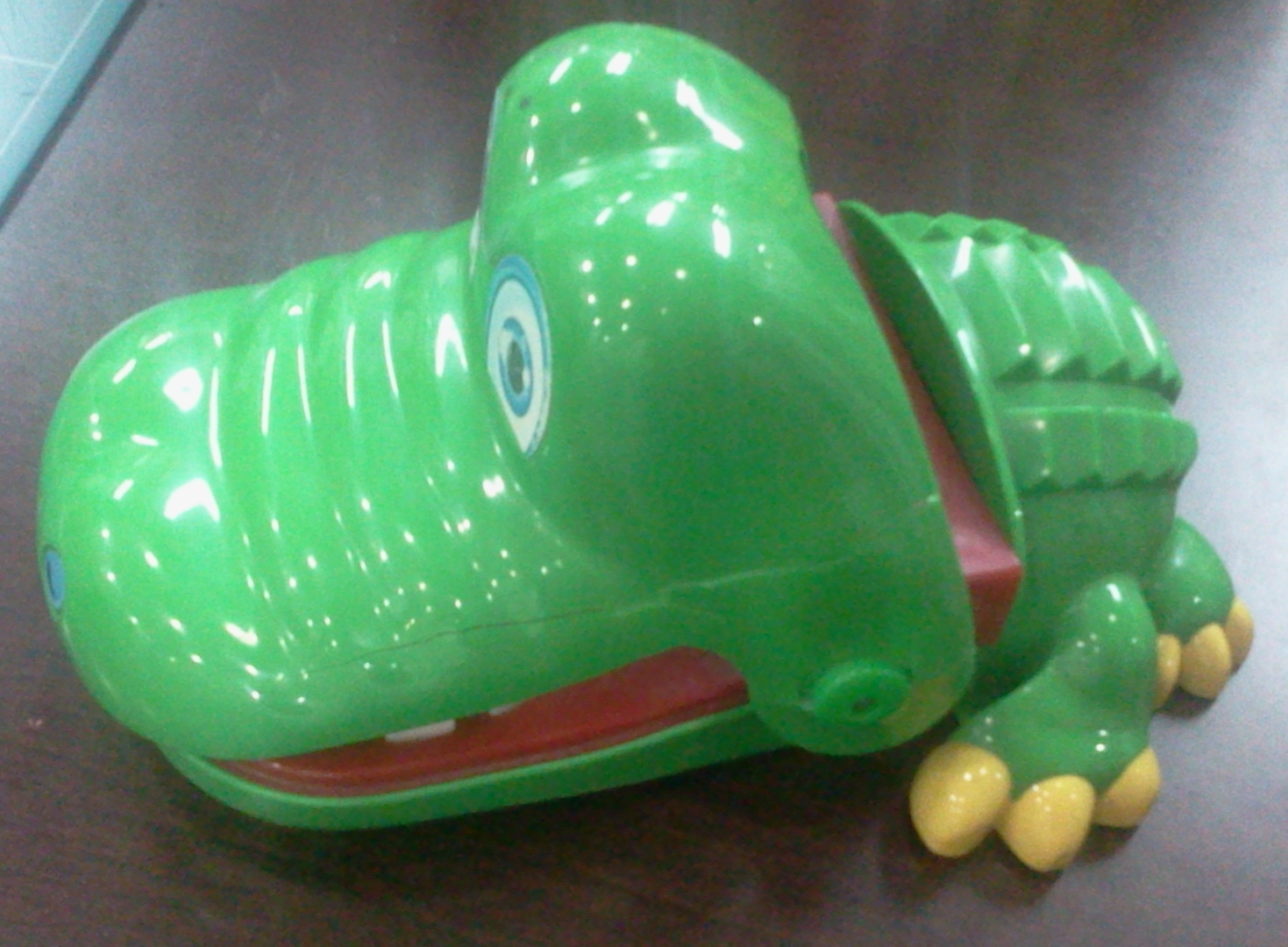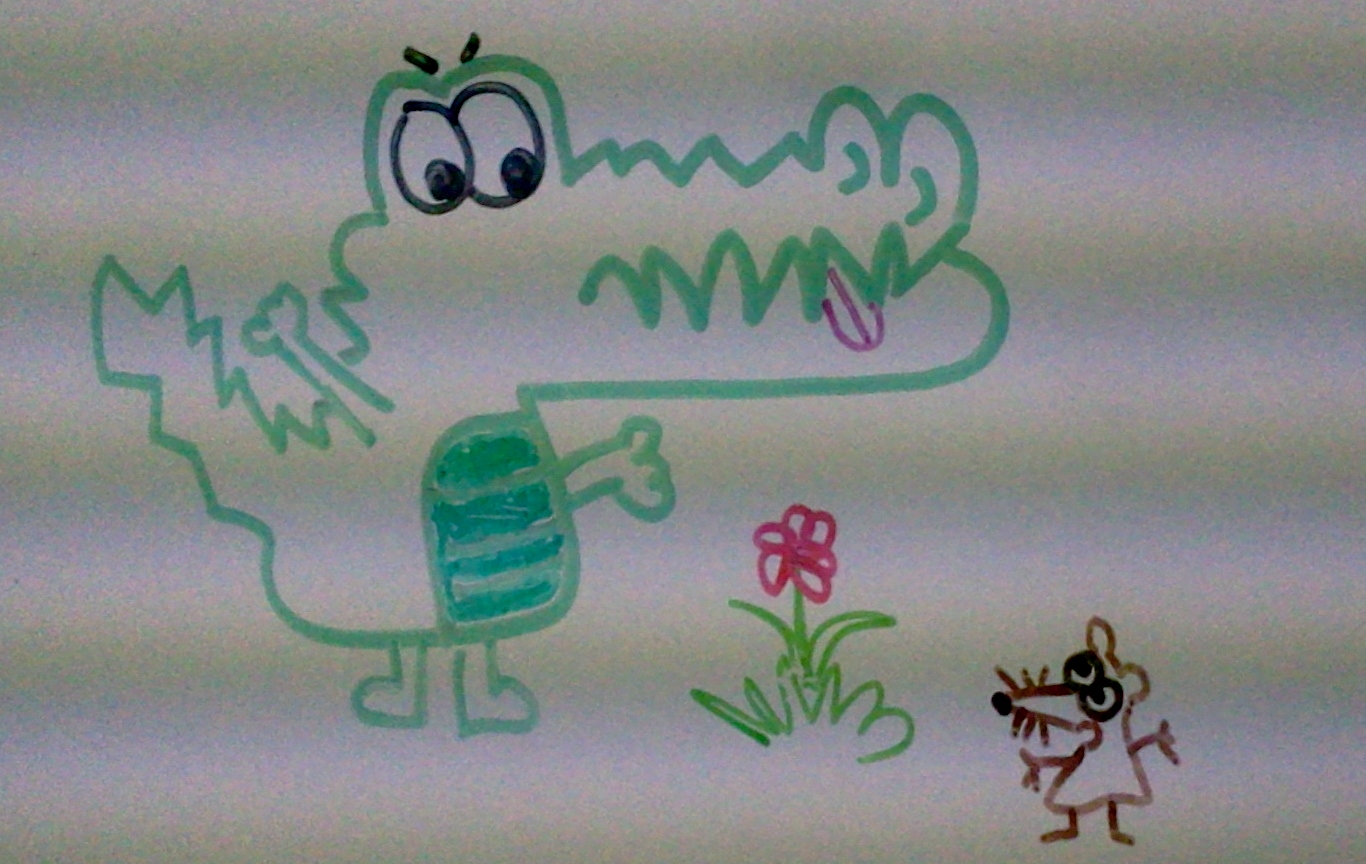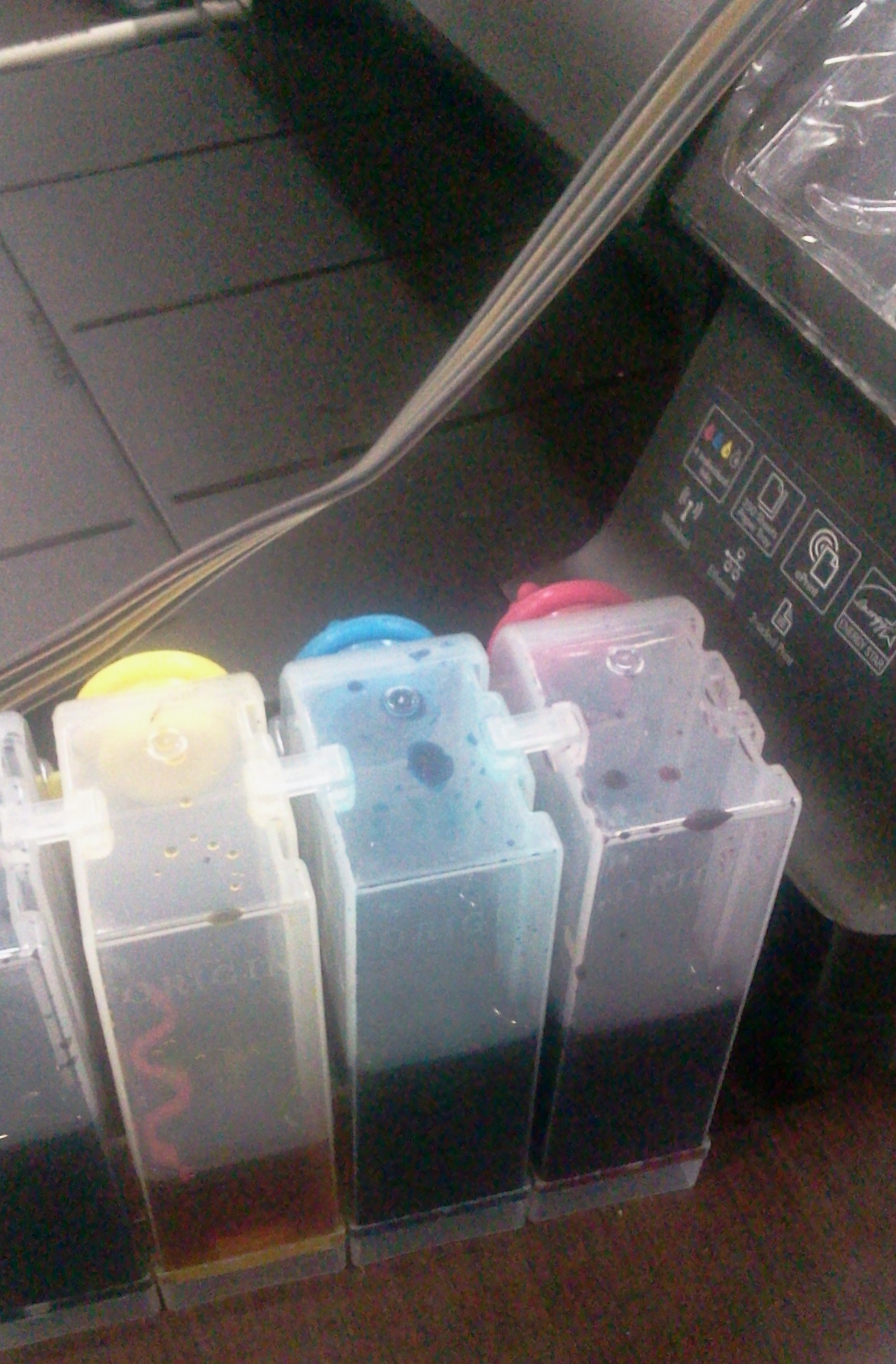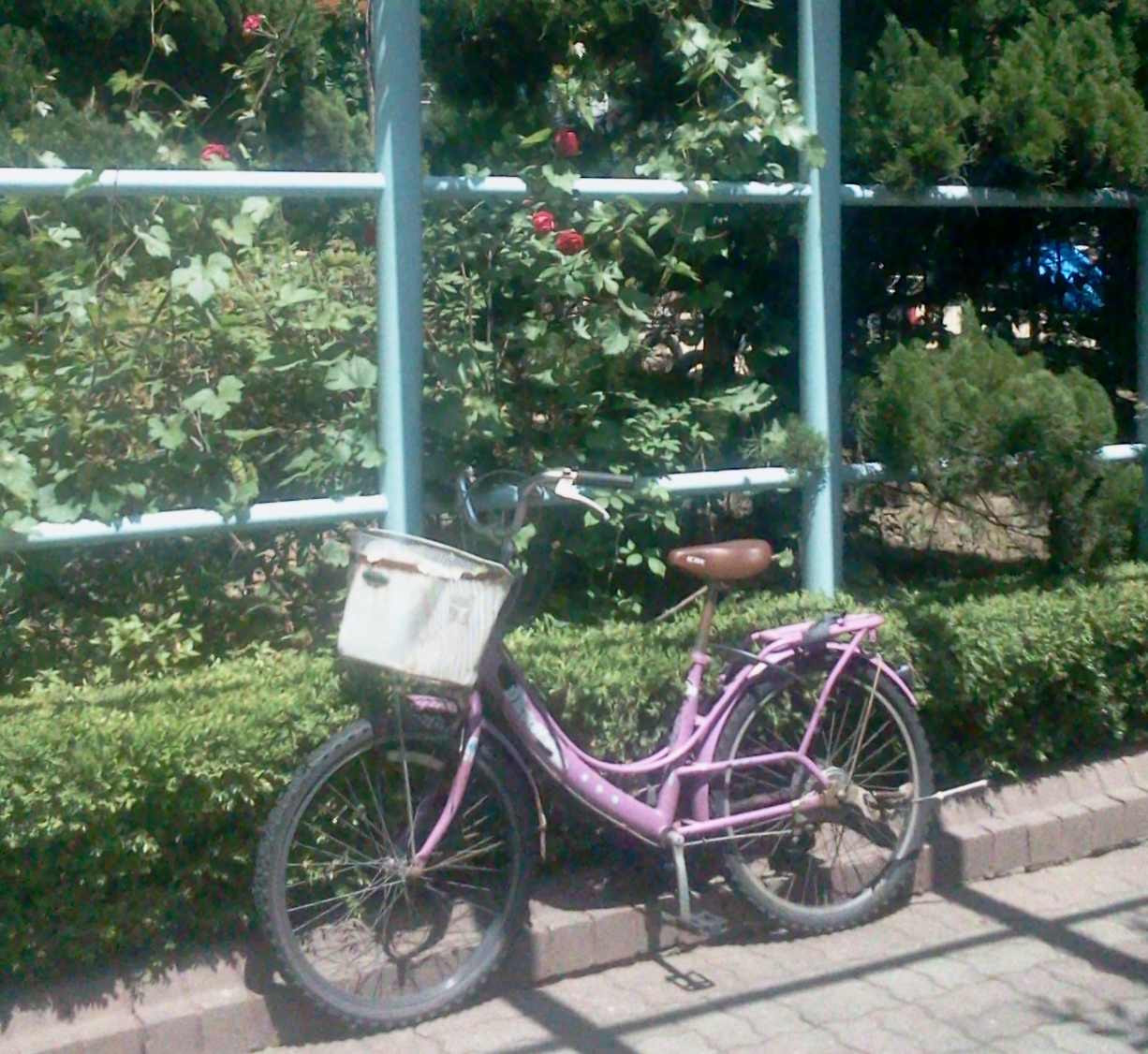I haven't even touched my [broken link! FIXME] IIRTHW ("if I ran the hagwon") effort in more than a year. I kind of gave up on it as excessively idealistic and not relevant to my goals. But of course, the nature of my job means that I nevertheless think about it frequently.
Yesterday I was having a conversation with my boss about his constant casting-about for new, more effective approaches to curriculum.
It's odd, because I feel like we've reversed roles, somewhat, in comparison to when we first met, years ago. Back then, I thought, and argued frequently, that curriculum design was important, while he said, much to my consternation, that a "good teacher" ought to be able to work with whatever curriculum was on hand.
I resented this at the time, and took it to mean that my frustrations with curriculum were symptomatic of my not being a good enough teacher.
Yet over the last several years, I've evolved to a point where I more or less agree with the sentiment. Much to my dismay, yesterday, Curt seemed to essentially disagree when I said something to this effect. I had said that we should focus on improving our teachers, rather than on improving our curriculum. And his reaction was that he didn't see teachers as being the problem. It wasn't a direct rejection of the earlier philosophy, but it certainly felt like an about face to me.
The context in which I suggested focusing on teachers instead of curriculum was actually a sort of brainstorm I had, during our conversation, about curriculum. Curt is looking at alternatives to the fairly fossilized "Reading-Listening-Speaking-Writing-Grammar-Vocab" subdivision of material that prevails in hagwon. I first went with my prefered notion, what he called "Immersion" but that I think of as "subject-driven" – teaching "subjects" in English, integrating the various functional components.
When Curt rejected that, for the same reason he always does – the dearth of native-speaking teacher to serve as a focus for that style of teaching (a rejection that strikes me as utterly rational if not completely necessary), I decided to suggest another alternative arrangement that I've been mulling over lately, mostly out of frustration with the seemingly excessive complexity of our modest hagwon's schedule.
This alternative would essentially say we only have 3 types of classes, which is really my observation that we have three basic types of teachers in our hagwon:
1) integrated class – this is the native speakers (like myself or Razel or Grace), who focus on "subjects" or "topics" in the immersion style mentioned above
2) analytic class – this is the grammar-translation style that is most traditional in Korean English education, rejected by pedagogy but a reality "on the ground" and we have teachers who teach this way and we might as well support them – some are quite good in many respects
3) foundations class – this is the "daily word test", the memorization words and also the naesin (school term tests) style memorization of speeches, essays and other fragments; this also includes the attendance-keeping and counseling aspects of the "homeroom" teacher job. I hate this memorizaiton stuff, not because I don't think it's helpful – I actually strongly believe that it is helpful – but when overly emphasized, it makes English painful, and that discourages students, and destroys motivation.
Anyway, I laid these ideas out to Curt. He basically said, "that sounds like it's teacher centered." I said, well, but that's OK. If we focus on our teachers' strengths, and develop them, that will benefit the students, in the long run, as our consistency and quality will increase." He asked about how we would decide the curriculum for these new divisions of labor, and I said what he'd once said to me, that it didn't really matter – the focus was improved teaching and good teachers would inevitably choose or develop appropriately good curriculum. He was somewhat scandalized by this notion.
Hence my feeling that the tables had been turned.
I haven't developed a specific thought about this at this point, mostly just recording here for future reference.
[daily log: walking, 6 km]




